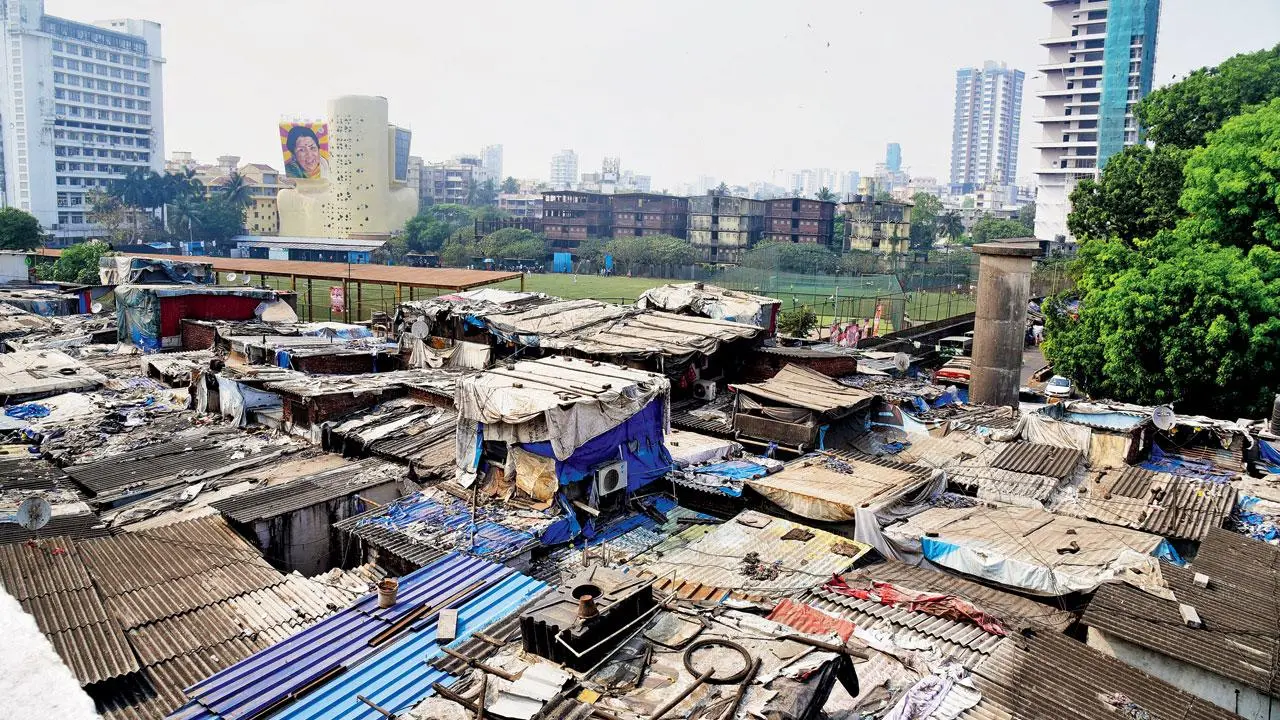The Bombay High Court has delivered a critical verdict on the Maharashtra government’s slum policy, labelling it “strange” and arguing that it incentivises encroachments on both private and public lands.
This observation was made during a ruling on Tuesday, which set aside the Slum Rehabilitation Authority’s (SRA) attempt to acquire land from the Trust managing Mount Mary’s Church in Bandra (West) for slum redevelopment. The court remarked that if the SRA and associated official bodies adhered strictly to the law, Mumbai would not be plagued by extensive slums on both private and public lands. The bench highlighted that the current policy effectively encourages illegal encroachments, necessitating a thorough review to mitigate the adverse impact on future generations.
Granting relief to the Trust managing Mount Mary’s Church, the court nullified the SRA’s move to acquire 1,596.40 square metres of the Trust’s land. The acquisition was intended for redeveloping 35 slum tenements. The court deemed the notice issued by the SRA CEO as “patently illegal” and criticised the attempt by a private developer to “usurp the land under the guise of slum-redevelopment,” offering a “paltry” compensation of Rs 17 lakh for prime land in Bandra. The bench, comprising Justices Girish S Kulkarni and Jitendra S Jain, described the current acquisition methods under the Slum Act as “draconian.” The process significantly limits landowners’ rights while granting extensive discretion to the SRA CEO, leading to potential large-scale arbitrariness and illegality.
The court was astonished at the SRA’s reluctance to allow the petitioner to undertake development independently, rather than resorting to compulsory acquisition. The bench pointed out that the policy, as it stands, almost rewards illegal encroachments on both private and public lands, causing significant losses of government and private properties. Highlighting the complex issue of encroachments in Mumbai, the court acknowledged the involvement of slumlords, criminals, social workers, and politicians, which makes it nearly impossible for legitimate landowners to reclaim their property. The court noted that many major public lands in Mumbai have been lost to private development disguised as slum rehabilitation.
The Bombay High Court recognised the necessity of accommodating a large migrant workforce in major cities but stressed that this should not result in the unlawful expropriation of valuable public or private lands. The court directed the SRA to recognise the petitioner’s rights to undertake redevelopment and instructed the petitioner’s architect to submit a development proposal within eight weeks. The SRA is required to review and process this proposal within six weeks of submission, ensuring adherence to legal standards for expeditious development. This ruling underscores the urgent need for a reevaluation of slum policies in Maharashtra, balancing the rights of landowners with the necessity of housing for the urban poor, while ensuring adherence to legal principles.


